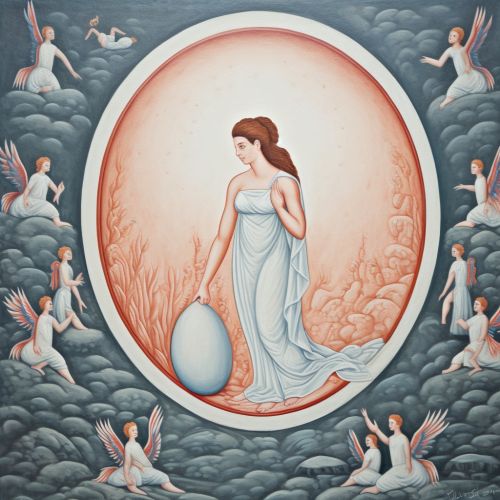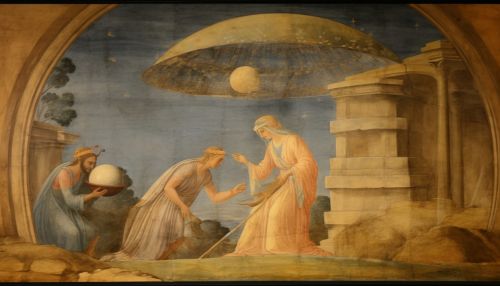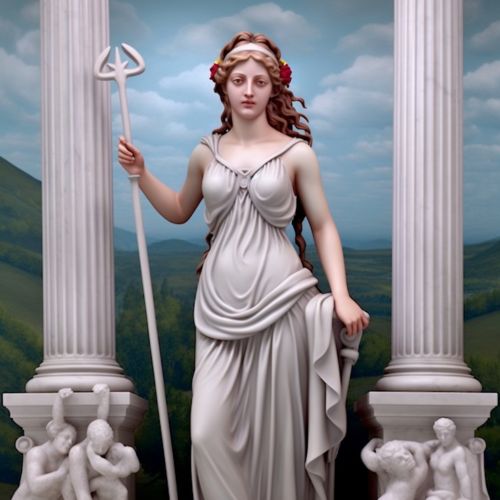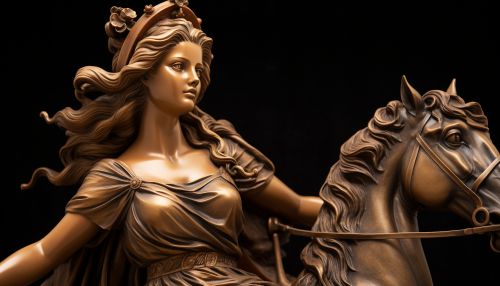Helen of Troy
Early Life and Origin
Helen of Troy, also known as Helen of Sparta, is a figure from Greek mythology who is best known for her role in instigating the Trojan War. She was the daughter of Zeus, the king of the gods, and Leda, the wife of Tyndareus, the king of Sparta. According to the myth, Helen was conceived when Zeus disguised himself as a swan and seduced Leda.


Helen's beauty was renowned throughout Greece, and she had many suitors. To prevent a war from breaking out over her, Tyndareus made all the suitors swear an oath to respect Helen's choice of husband and to come to her aid if she was ever abducted. Helen chose Menelaus, the king of Mycenae, as her husband.
Abduction by Paris
The prince of Troy, Paris, was chosen by the goddess Aphrodite to judge a beauty contest between her, Hera, and Athena. Aphrodite promised Paris the most beautiful woman in the world if he chose her as the winner. Paris did so, and Aphrodite arranged for him to abduct Helen.
When Menelaus discovered that Helen was missing, he invoked the oath sworn by Helen's suitors. This led to the assembly of a great Greek army, which sailed to Troy to retrieve Helen, thus beginning the Trojan War.
Role in the Trojan War
During the war, Helen was portrayed as both a victim and a manipulative figure. Some stories suggest that she was unhappy in Troy and missed her home, while others depict her as a treacherous woman who betrayed her husband and country.


The war lasted for ten years and ended with the destruction of Troy. The Greeks used a wooden horse to infiltrate the city, a strategy known as the Trojan Horse. After the war, Helen returned to Sparta with Menelaus.
Later Life and Death
In her later years, Helen's beauty began to fade, and she was shunned by those who once admired her. According to some versions of the myth, she was sent to live on an island by herself. Other versions suggest that she was reunited with Menelaus in the afterlife.
Legacy
Helen of Troy has been a popular figure in literature and art throughout history. She is often depicted as the epitome of female beauty and is used as a symbol of the destructive power of beauty and desire. Her story has been told and retold in countless works, including Homer's Iliad and Odyssey, and she continues to be a subject of fascination in modern times.


